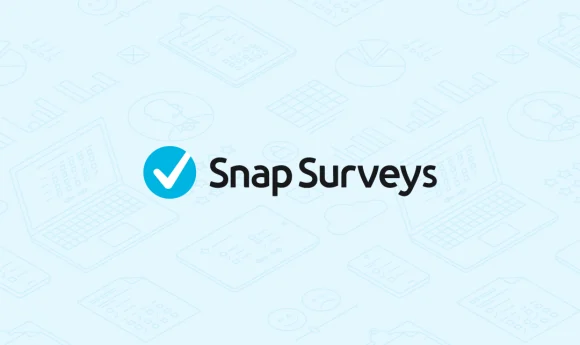Course Evaluations and Student Evaluations sometimes use ‘closed questions’ (one or more answers selected in a predetermined list of responses) for many reasons. Usually it is done to get quantitative information about the course or program being reviewed.
In a closed question the specific answers are provided.
|
Which applies to you?Full-time Student______ Part-time Student______ |
|
What was your reason for selecting this course?Major Requirement______Minor Requirement______Pleasure______Elective ______ |
|
Which applies to you?First Year Student?_____Second Year Student?______Third Year Student? ______Fourth Year Student?_______ |
|
How would you rate the professor’s knowledge of the course subject matter?Poor___Fair___Average___Good____Excellent____ |
Advantages to Closed Questions in your Course Evaluation or Student Evaluation:
- Easy and Quick to Answer
- Response choice can clarify the question text for the respondent
- Improves consistency of responses
- Easy to compare with other respondents or questionnaires
- Easier, quick and less costly to analyze
Disadvantages to Closed Questions in your Course Evaluation or Student Evaluation:
- May not have the exact answer the respondent wants to give
- Can put ideas into respondent mind
- Respondent may select answer most similar to true response, even though it is different
- May constrain or limit rand and breath of responses
- Many option may confuse the respondent
- Respondents with no opinion may answer anyway
- Does not give information about whether or not the respondent actually understood the question being asked
It’s important to understand the types of questions you will ask in your survey. This knowledge can help you to build the right course evaluation questionnaire that will extract the information you need to improve your course or student programs.



